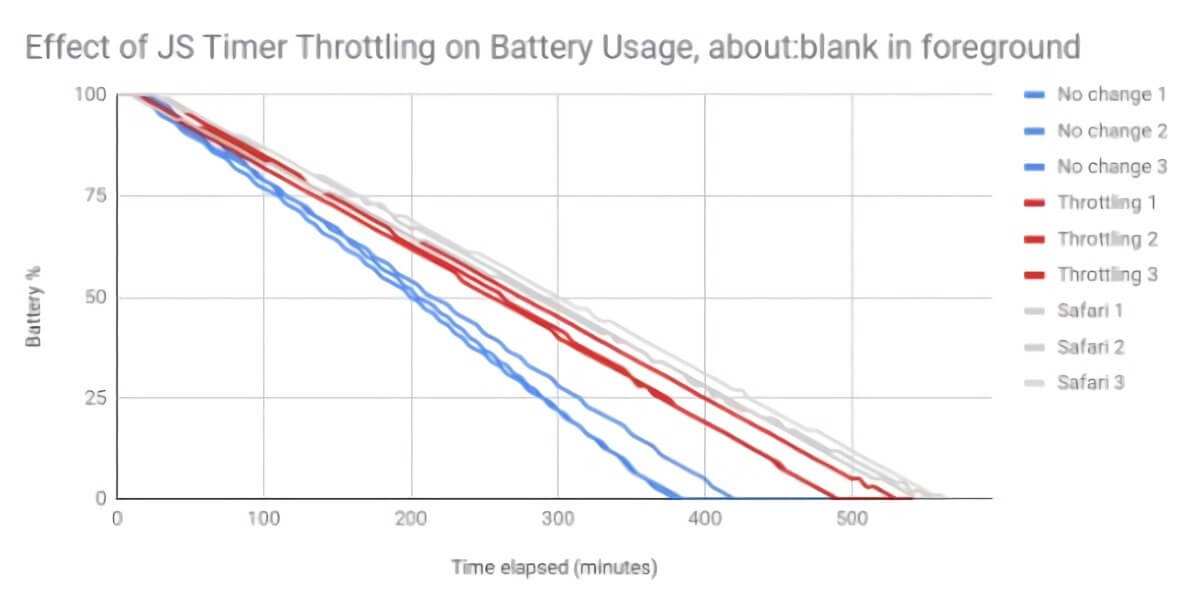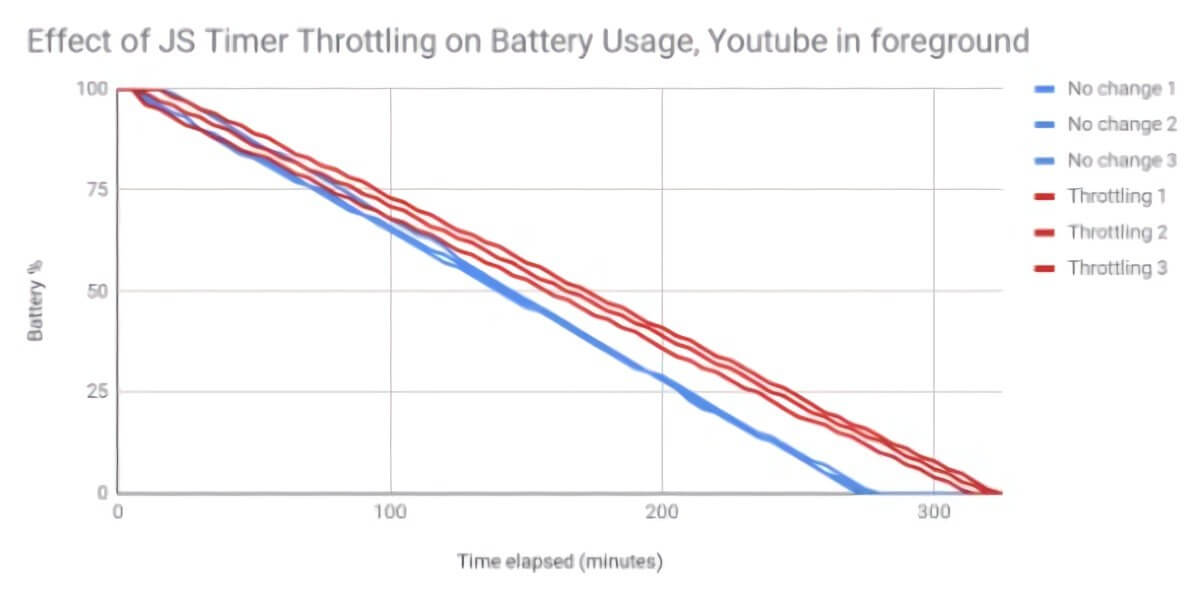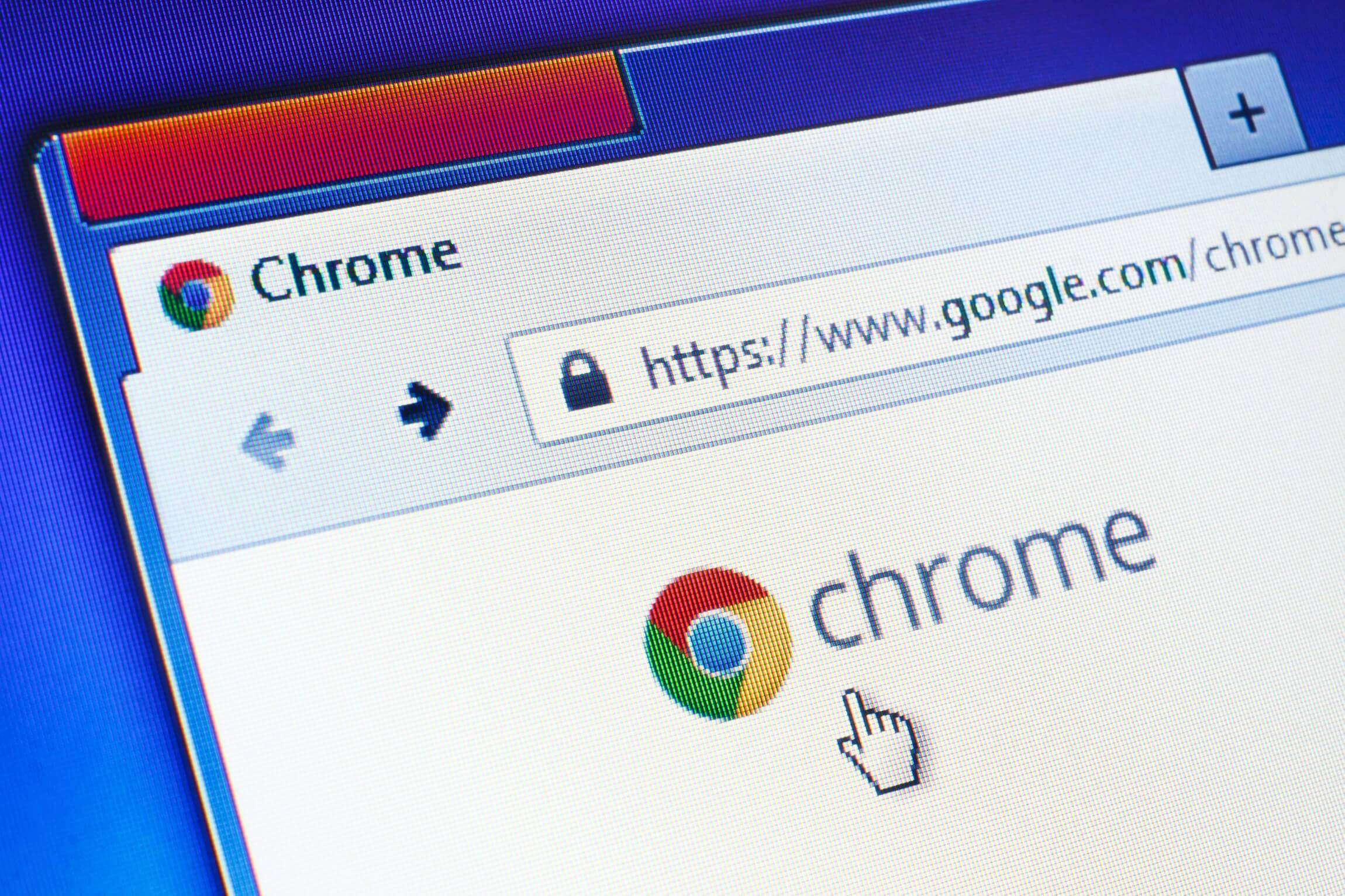In context: Chrome has always been a snappy and stable browser. Its primary weakness is it is a resource hog, as it runs each tab and extension as a separate instance. Today's computers tend to have more than enough RAM and processing power to handle this Chrome quirk, but it is still inefficient when it comes to laptop batteries.
The next iteration of the Chrome browser may be better at handling background tabs, thus increasing battery life. The Windows Club notes that Chrome 86 has an experimental feature that will reduce power consumption by limiting how often idle processes can perform Javascript wakeups.
Currently, wakeups are done less than five seconds apart for each open tab. Some of these functions are simply not necessary when the user is not actively viewing the webpage. Processes like checking scroll position, ad interaction, or log reporting don't need to happen if the tab is not active. So Chrome 86 will reduce Javascript timers to one minute in idle tabs. Websockets and long polls for retrieving messages will not be affected.

Google recently tested an alpha with the function enabled. The experiment had 36 background tabs open to random pages and one active open to "about:blank." Running the browser state twice, once with timer throttling on and once with it off, Google found that the laptop's battery lasted about 2 hours (28 percent) longer (above).
For comparison, it ran the experiment in Safari, which uses a similar throttling technique. Apple's browser still proved slightly more energy-efficient, powering the laptop for 9.3 hours. Granted, 37 tabs is an extreme use case, but still within the realm of the most prolific tab hoarder.
In a similar experiment, Google ran a YouTube video in the active tab and disabled 'Energy Saver' and "Automatically adjust brightness" settings. It found that the battery lasted about 4.7 hours with throttling off versus 5.3 hours with it enabled, but that was only a 36 minute gain over having the active tab as about:blank (below).

Of course, mileage is going to vary. Those who only use a few tabs at any given time are not going to see much increase in battery life. However, users who tend to have 10 or more sites open should see some improvement.
Besides the gains in energy efficiency, it is nice to see Google finally streamlining the way Chrome's idle processes work. Eliminating unnecessary background checks is a no-brainer that has been a long time coming. However, there is no guarantee that the feature will be ready in time for Chrome 86, if at all. If it does, it should be included in all versions of Chrome.
Image credit: Evan Lorne
